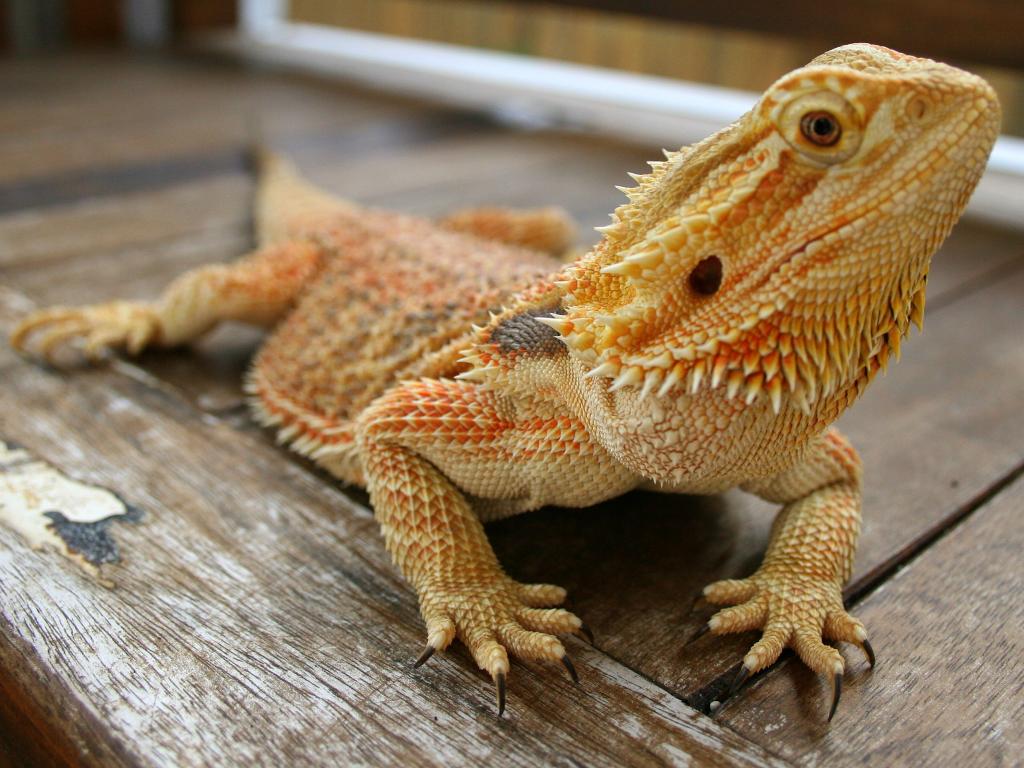Bearded Dragon Hiccups: Everything You Need to Know
Bearded Dragon Hiccups: Causes and Symptoms
Bearded dragons are fascinating pets that bring joy and happiness to their owners. However, just like any other pet, they can sometimes experience health problems, such as hiccups. While hiccups in bearded dragons may seem alarming, they are usually harmless and temporary. In this blog post, we will discuss everything you need to know about bearded dragon hiccups.
What Causes Bearded Dragon Hiccups?
Hiccups occur when the diaphragm contracts involuntarily, causing the bearded dragon to take a quick breath. In most cases, hiccups in bearded dragons are caused by air bubbles or gas in the stomach, which can result from eating too quickly or swallowing too much air.

Hiccups can also be a sign of dehydration, respiratory infections, or parasites. If your bearded dragon has frequent or persistent hiccups, it is important to seek veterinary care.
Symptoms of Bearded Dragon Hiccups
Bearded dragon hiccups can be identified by the following symptoms:
- Rapid and irregular breathing
- Abdominal contractions
- Clicking or popping sound
How to Treat Bearded Dragon Hiccups
In most cases, bearded dragon hiccups will resolve on their own within a few minutes or hours. However, there are some things you can do to help your pet recover more quickly:
1. Gentle Massage
Gently massaging your bearded dragon’s stomach can help to calm the diaphragm and expel any trapped gas or air bubbles.

2. Tepid Bath
Giving your bearded dragon a tepid bath can help to relax the muscles and alleviate any discomfort or stress associated with hiccups. Make sure the water is not too hot or too cold, and do not leave your pet unattended.

3. Change Your Pet’s Diet
If your bearded dragon is experiencing hiccups frequently, it may be a sign that they need to slow down when eating. Consider adding more moisture to their diet or feeding them smaller, more frequent meals.
Preventing Bearded Dragon Hiccups
While it may not be possible to prevent hiccups in bearded dragons entirely, there are some steps you can take to reduce the risk:

1. Encourage Slow Eating
Consider using a shallow dish or hand-feeding your bearded dragon to encourage them to eat more slowly and avoid swallowing air.
2. Promote Hydration
Make sure your bearded dragon has access to clean, fresh water at all times. You can also mist their enclosure or offer them water-rich foods, such as cucumbers or melons.
3. Regular Veterinary Checkups
Regular veterinary checkups can help to ensure your bearded dragon is healthy and catching any issues early on.
Conclusion
Bearded dragon hiccups are a common occurrence that are usually harmless and temporary. However, if your pet experiences frequent or persistent hiccups, it may be a sign of an underlying health problem. By understanding the causes, symptoms, and treatments of bearded dragon hiccups, you can help to keep your pet healthy and happy.
